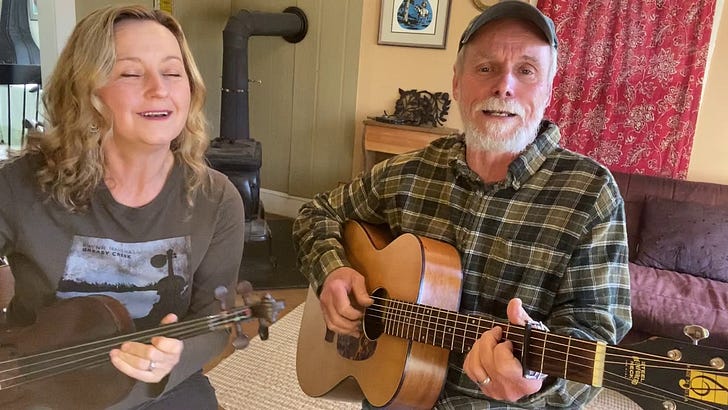Moving Lightly Through This World: Reflections on the Weight of White Christian Innocence
The persistent denial of our own culpability threatens to drown us all.
Dear #WhiteTooLong readers,
I’ve been on the road a lot the last month (Greetings to new readers from Tulsa, Oklahoma, and Columbia, Missouri!). In addition to a new column today, you’ll want to read to the end for some bonus material: music from my cousin Carl and liturgy from First Baptist Church in Columbia.
In the wake of my recent travels, I’ve been …
Keep reading with a 7-day free trial
Subscribe to White Too Long by Robert P. Jones to keep reading this post and get 7 days of free access to the full post archives.


